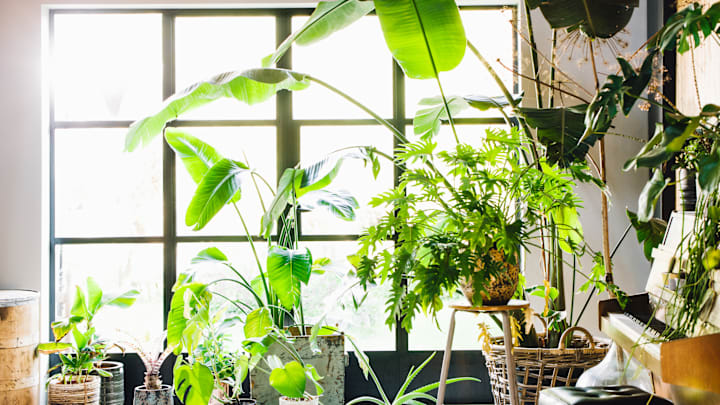When it comes to houseplant emergencies, the owner is most often to blame. Overwatering, underwatering, and providing insufficient sunlight are common factors that can leave your plant looking worse for wear. But if you notice a sudden decline in health after keeping your indoor greenery alive for years, you may ask yourself: Can plants die of old age?
Living things have an expiration date, and plants are no exception. Even if they’re given undivided attention and cultivated in the perfect environment, they will eventually wither and die from natural causes. But it takes plants much longer to reach that point than animals.
Unlike your pet goldfish, your monstera doesn’t stop growing once it reaches a certain age. Houseplants instead go through “indeterminate growth,” meaning they will continue to grow and mature under the ideal conditions.
Depending on the species, this could last decades—or centuries, in some cases. The oldest potted plant on Earth is a prickly cycad planted in 1775. Plants in the wild can live even longer, like Methuselah, the 4850-year-old bristlecone pine tree in California. Annuals are an exception to this trend; they have a rigid lifespan that ends after just a year.
Even the most lovingly cared-for plants will start to deteriorate with time. After thriving for years, their cells will fail to regenerate, leading to poor water retention, wilting leaves, and eventually death. But few plants live long enough to reach this stage. The vast majority die from causes like improper care, pests, and disease.
If you notice your houseplant is looking under the weather and you’ve had it for less than a decade, old age likely isn’t to blame. Because plants never stop growing, they need to be repotted in bigger vessels throughout their lifetime. This should be the first step to consider if you’ve had a plant in the same pot for several years. Here are more troubleshooting tips to keep your houseplants alive.
